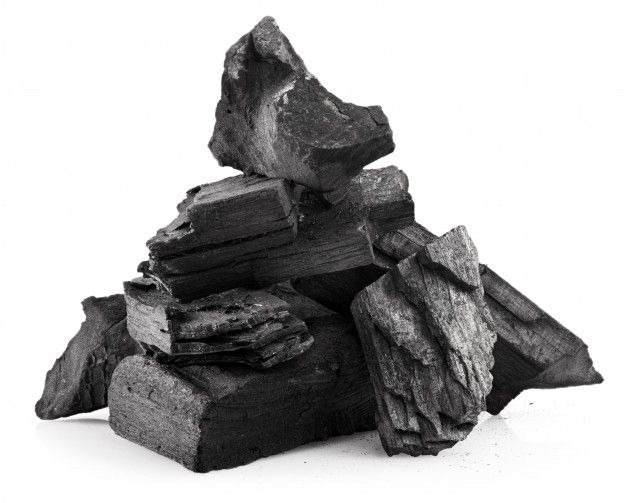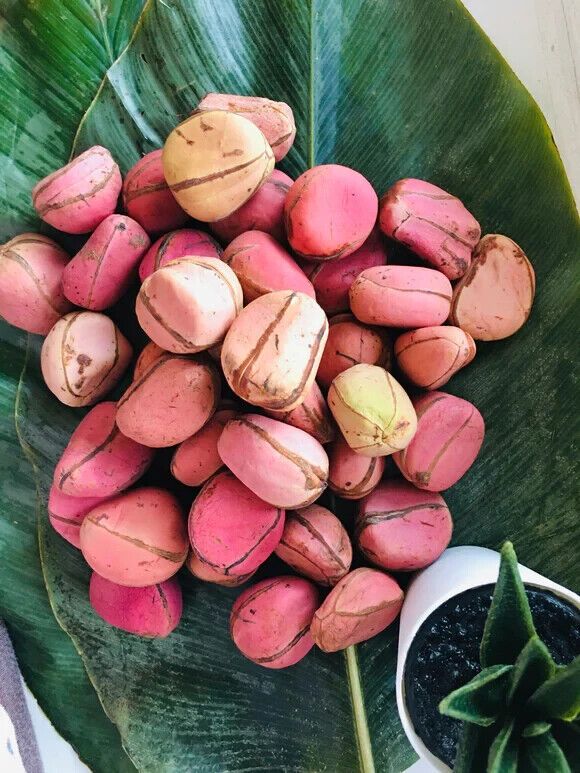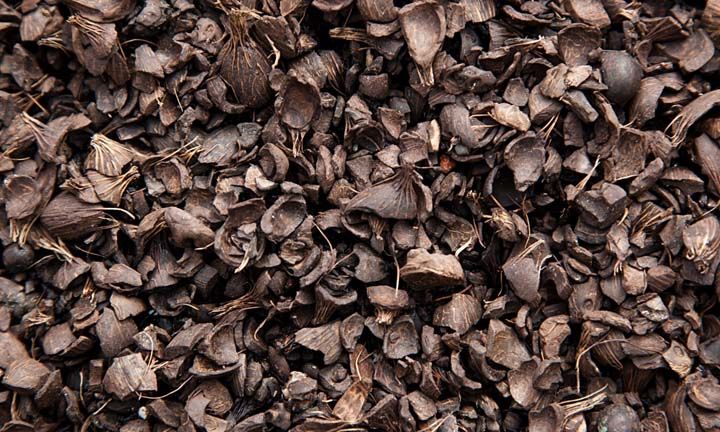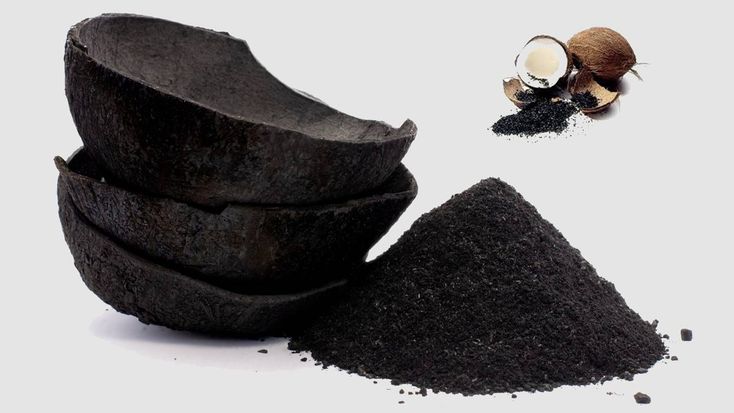What Hardwood Charcoal Is
Hardwood charcoal is a high-quality carbon-rich fuel derived from the controlled burning (carbonization) of hardwood species such as Iroko, Mahogany, Oak, and Ayin. It is known for its long burning time, high calorific value, low ash content, and smokeless flame, making it the preferred choice for heating, cooking, and industrial use worldwide.
Unlike softwood charcoal, hardwood charcoal is denser and provides more energy, making it highly demanded in Europe, Asia, the Middle East, and the Americas.

Why Hardwood Charcoal Export Is Profitable
Nigeria is one of the largest producers and exporters of charcoal in Africa, supplying thousands of metric tons annually. The demand for Nigerian hardwood charcoal continues to rise due to:
-
High Energy Output – Average calorific value of 7,000–8,000 kcal/kg.
-
Eco-Friendliness – Burns cleaner with less smoke.
-
Global Demand – Widely used in restaurants, BBQ industries, and steel/metal industries.
-
Abundance of Hardwood – Nigeria has vast forests of hardwood suitable for charcoal production.
Export Specifications
International buyers often request hardwood charcoal in different forms and specifications such as:
-
Size:
-
BBQ Charcoal (3–10 cm)
-
Restaurant Charcoal (4–12 cm)
-
Industrial Charcoal (5–15 cm)
-
-
Fixed Carbon: Minimum 75–85%
-
Moisture Content: Maximum 5–7%
-
Ash Content: Maximum 3–5%
-
Volatile Matter: 12–15%
-
Calorific Value: 7,000–8,000 kcal/kg
Packaging for Export
Hardwood charcoal is packaged to meet international standards:
-
Polypropylene (PP) Bags: 25kg, 50kg
-
Kraft Paper Bags: 10kg, 15kg, 20kg (for retail markets, especially in Europe)
-
Bulk Packaging: Jumbo bags or containerized in 40ft containers
Each 40ft container carries about 22–24 metric tons depending on packaging style.
Export Destinations
Nigeria’s hardwood charcoal is mainly exported to:
-
Europe: Germany, Italy, Poland, Spain, UK, Greece, Netherlands
-
Middle East: Turkey, Lebanon, Saudi Arabia, UAE
-
Asia: China, South Korea, Japan
-
America: USA, Canada, Brazil
Export Procedure
-
Sourcing Hardwood & Processing – Select quality hardwood, carbonize under controlled conditions, and sort according to buyer specifications.
-
Quality Control – Ensure moisture and ash content meet buyer requirements.
-
Packaging & Labeling – Bagged and palletized if necessary.
-
Export Documentation – Includes:
-
Certificate of Origin
-
Phytosanitary Certificate
-
Nigeria Export Proceeds (NXP) form
-
Commercial Invoice & Packing List
-
Bill of Lading
-
-
Shipment – Typically shipped in 40ft containers by sea.

Uses of Hardwood Charcoal
-
Household and industrial cooking fuel
-
BBQ and restaurant use
-
Metal smelting and blacksmithing
-
Industrial heating
-
Filtration (activated carbon production)
HS Code for Hardwood Charcoal
-
HS Code: 4402.90.00 – Wood charcoal (including shell or nut charcoal), whether or not agglomerated.
Conclusion
Hardwood charcoal export remains one of Nigeria’s most profitable non-oil export ventures. With proper processing, quality packaging, and compliance with international standards, exporters can earn huge returns while meeting the growing demand for eco-friendly fuel across the globe.








